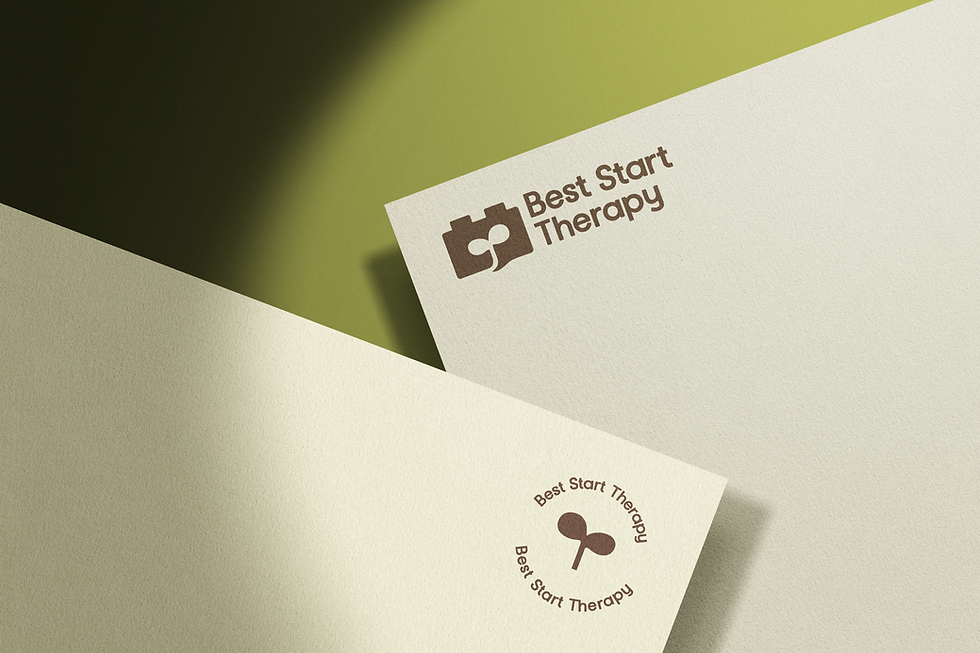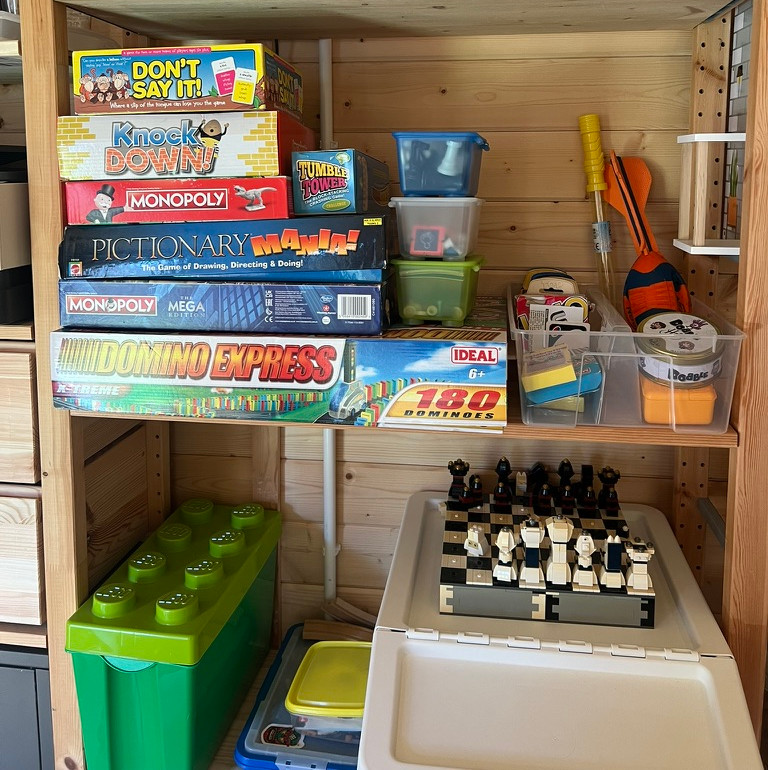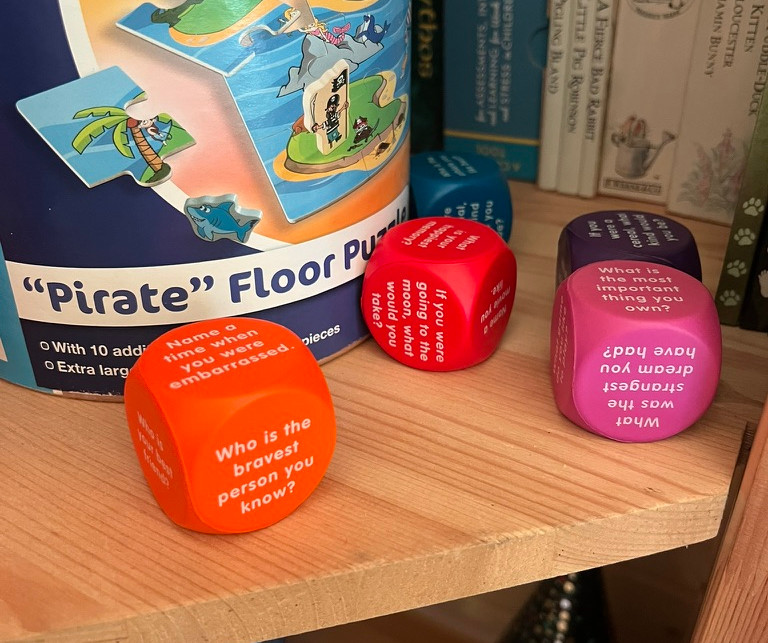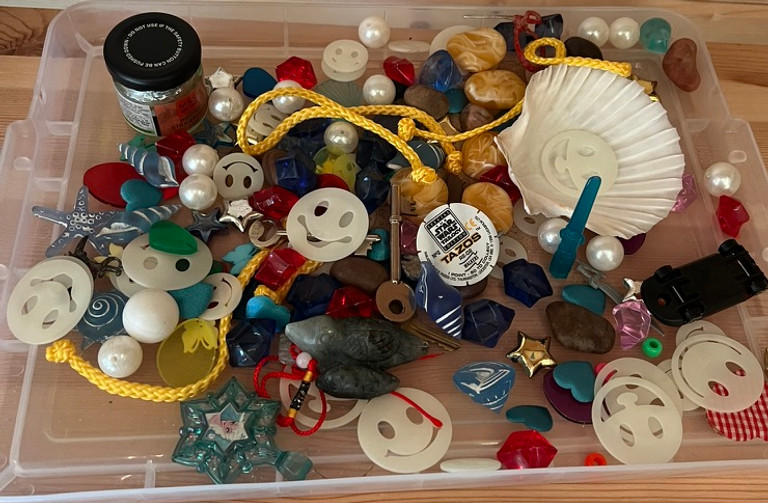1.
Referral
Therapeutic work typically begins with a referral, usually from a school’s senior leadership team or a case manager in another setting. I review the referral alongside any supporting documents, such as reports from relevant services, to understand the individual's history and context. I then assess whether the case is appropriate for me to take on. If it isn’t, I work with the referrer to identify a more suitable service.
2.
Introduction
Once a referral is accepted, I contact the parents or carers to introduce myself and arrange an intake session. This session allows me to gather their perspective on the referral, their expectations, and relevant family history including details from pregnancy - to support case formulation. I then obtain parental consent before meeting the young person. I explain the process so far in an age-appropriate way and ask whether they would like to continue. Initial willingness to engage is important, as it can support the therapeutic relationship if challenges or resistance arise later.
3.
Assessment Period
I then offer a six-session assessment period involving the young person, their school, and parents or carers. This provides space to build a trusting relationship and gives the young person time to share their story. As their narrative unfolds, it helps me integrate the initial referral, background reading, and intake session insights into a clinical case formulation tailored to their needs.
4.
Review Session
At the end of six sessions the young person and I have a review session where we discuss how the six sessions have gone, at this point I would share the treatment plan I have created and see if these goals for therapy are appropriate. If the young person and I are in agreement then I will have a review with the school/case managers and parents/carers to share the appropriate case formulation and the goals for therapy.
From then on the reviews are set appropriately in relation to the defined goals of therapy. Working in an educational setting I find half terms and end of terms are good points in which to review as it creates a natural break or pause in the therapeutic process, however reviews can take place at any time if it is appropriate.
5.
Outcome Measures
At the start of the therapeutic process, I ask teachers, parents or carers, and the young person to complete a outcome measures form to establish a baseline. This is repeated at appropriate stages to gather comparative data. While helpful, the outcome measures is used as a supporting tool and does not always provide conclusive evidence of therapeutic progress.
6.
Next Steps
When the goals of therapy have been achieved, or I feel I have gone as far as I can in the young person’s process, I will then conduct a review with all stakeholders and either close the case, or refer onto the next appropriate agency.
The Referral Process
7.
Report
The Referral Process
Once the case has been closed I will produce a report on the goals of therapy and how they have been achieved or not depending on the case, this will be shared with the young person and agreed upon before sharing with appropriate people.



Why it Started
Best Start Therapy was founded in 2013 with one core belief: that every child deserves the best possible start in life when it comes to their emotional wellbeing.
That belief still shapes everything myself and Rosie do today. We wanted to create a space where people feel genuinely safe, supported, and understood - and where therapeutic care meets them exactly as they are.
Hello! I’m Phill, a psychotherapist with over a decade of experience supporting children and young people to explore emotions, build resilience and feel safe in themselves.
I hold specialist training in child and adolescent psychotherapy and have worked across schools, NHS funded organisations, and private practice. I am also a magistrate as well as a safeguarding supervisor.

Phillip Beisty
Child Psychotherapist
Trauma
Life Transitions
Depression
Anxiety Disorders
Neurodiversity + identity
Relationship Issues
Self-esteem challenges
Key areas of knowledge
I have a strong understanding of the emotional and relational challenges children and young people may face, including those related to anxiety, low mood, trauma, and life transitions. I also work with many neurodivergent clients and LGBTQ+ young people, taking care to offer a space that is respectful, affirming, and shaped around who they are.
My approach supports self-awareness, emotional regulation, and the development of practical coping strategies that help individuals feel more balanced, confident, and understood.
Qualifications
Postgraduate Diploma in Psychotherapy
2015 Newman University
Diploma in Child & Adolsecent Psychotherapy
Northern Guild for Psychotherapy 2024
Diploma in Clinical Supervision
Sherwood Psychotherapy Training Institute 2021
Diploma in Child & Adolscent in Psychotherapeutic Counselling
Northern Guild for Psychotherapy, 2016
BSc Counselling & Theraputic Studies
Leeds Metropolitain University 2009
CPD Safeguarding Supervision Training
The Safeguarding Network, 2023
Child Safeguarding Practice | Advanced certificate
SACPA
Advanced certificate in Parent - Child Therapy
Expected completion 2026
Qualifications
The Referral Process
What to expect
The Best Start Therapy Space

Therapy takes place in a cosy wooden cabin in the garden. It is quiet, private, and designed to feel relaxed and child-friendly. Many young people find the space helps them feel more at ease from the very first session.
Quiet garden setting
Cosy wood cabin
Grounded in Evidence.
Flexible in Practice.
At Best Start Therapy, we use an integrative and evidence-based approach. Therapy is always tailored to the child’s individual needs.
-
SPICC Model
-
Psychodynamic thinking
-
Mindfulness
-
Play and creative methods
-
Relational and systemic approaches
Interior
The cabin is filled with creative, therapeutic tools - from board games and sensory objects to story cubes and a doll’s house. Everything in the space is chosen to support emotional expression, storytelling, and connection.

Puppets +
soft toys

Lego Chess
Card games
Board Games

Conversation Cubes

Doll's House

Comfortable Seating

Feelings
Posters

Sand tray objects

Wooden
Train Tracks

